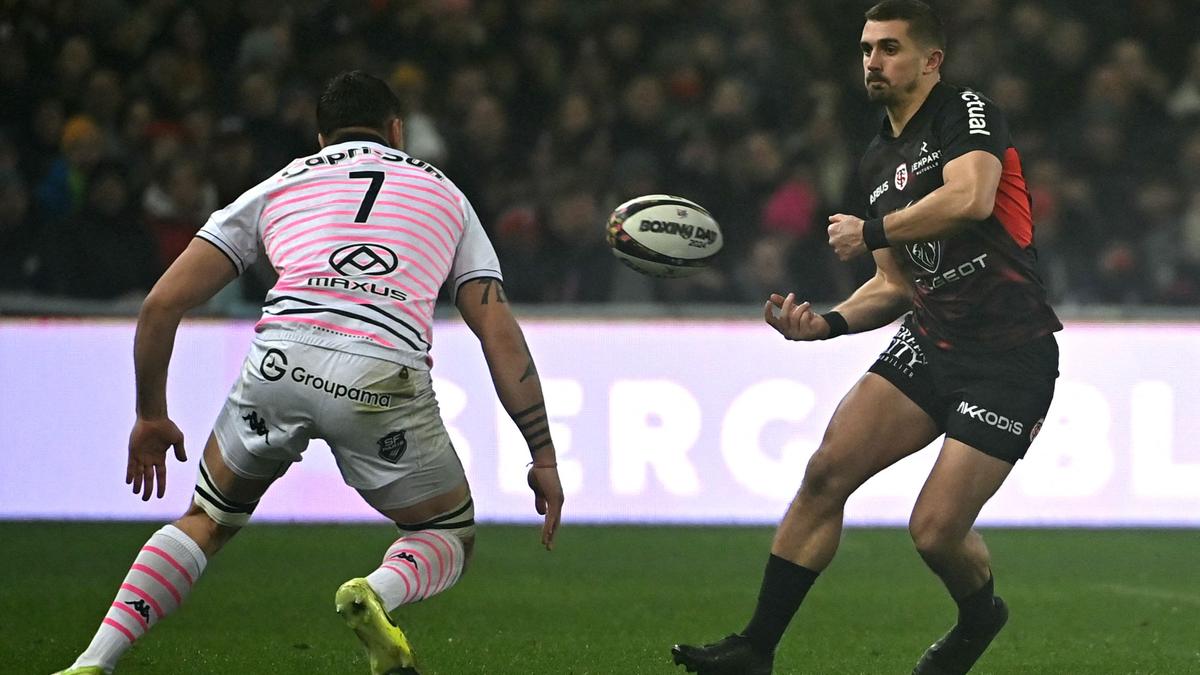During President Donald Trump’s new term, America will be the focus of the sporting world. All international sports have one agenda in common: to crack the American market. Football hasn’t made it yet, nor has cricket, nor indeed rugby — sports which have definite plans to do so. The first two have held World Cups in America, while rugby has its shot in 2031.
America will host football’s Club World Cup in 2025, the World Cup in 2026, and the Olympics two years later. Cricket’s T20 World Cup came and went in 2024 without setting the Hudson river on fire.
According to one calculation, if rugby gains just one per cent of the sports rights market in the U.S., it would double the sport’s global economy. It is thus more than a temptation, it is sound strategy. That may not mean new money, merely redirecting the money that now goes to the Big Three — NFL, basketball and baseball.
But, as Mike Tyson memorably said, everybody has a plan till they get punched in the mouth. Both football and cricket have been punched in the mouth, and stagger along without any significant impact. Many in these sports suspect that it is a case of throwing good money after bad after years of trying to force a sport down the throats of an indifferent American public and the consequent indifferent American market. The alternative, of course, is to spend that money in countries where the game already exists, and there is a legacy of sorts
That word, ‘legacy’ is probably key here. Despite America’s interest in cricket in the 19thcentury, the game was quickly supplanted by baseball in the public consciousness. It is not a legacy sport, and nor is football (soccer). There is something to be said for a sport evolving organically to become an important element of society. Despite professional and semi-professional leagues, cricket, football and rugby are popular mainly among expatriate communities in whose countries these sports are big.
It is nearly 50 years since Pele first signed up for the New York Cosmos. It was, according to one report, “one of the great corporate chases of all time, logging 30,000 air miles, racking up $8,000 a month in phone bills, and finally having to solicit a telegram from U.S. Secretary of State Henry Kissinger to his Brazilian counterpart imploring the latter to allow Pele, to play for the Cosmos.” Soccer had finally arrived in the United States. But it is yet to attain the levels of popularity or revenue as in the rest of the world.
Cracking the American market is one of sport’s most trickyambitions. For one, America is content with the sports they already have, from track and field to chess. The fact that they call their domestic baseball tournament the ‘world series’ says something about the mindset.
To attract them to a whole new sport is not easy. Yet, all sports have to try. Some to prosper and grow, others to merely survive.












